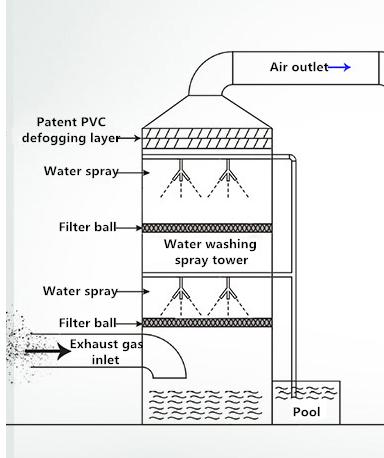Tensile Test Equipment for Evaluating Material Strength and Durability
Understanding Tensile Testing Machines A Comprehensive Overview
Tensile testing machines play a crucial role in material science and engineering, providing critical insights into the mechanical properties of various materials. These machines are designed to apply a controlled tensile force to a sample material and measure its response, which is essential for determining parameters like tensile strength, elongation, yield strength, and modulus of elasticity. In this article, we will explore the functionality, types, and applications of tensile testing machines.
Functionality of Tensile Testing Machines
At its core, a tensile testing machine consists of a testing frame, a load cell, and a data acquisition system. The testing frame holds the specimen in place, while the load cell measures the force applied to the sample. The data acquisition system records the force and elongation data, allowing for a comprehensive analysis of the material's behavior under tension.
The process begins with the preparation of a standardized specimen, typically in the shape of a dog-bone or flat strip, according to industry standards such as ASTM or ISO. The specimen is then clamped securely into the machine's grips. Once the test begins, the machine gradually applies an increasing tensile force until the specimen fractures or reaches its maximum capacity. Throughout the test, real-time data is collected, producing a stress-strain curve that outlines the material's response to the applied force.
Types of Tensile Testing Machines
Tensile testing machines come in various configurations, tailored to specific testing needs. The most common types include
1. Electromechanical Testing Machines These machines use a motor to control the loading rate, offering precise and consistent results. They are ideal for testing materials that require high accuracy.
2. Hydraulic Testing Machines Utilizing hydraulic power, these machines are suitable for testing larger samples or those requiring high loads. They are often employed in industries such as construction and manufacturing.
tensile testing machine

3. Universal Testing Machines (UTMs) These versatile machines can perform a range of mechanical tests, including tensile, compression, and bending tests. UTMs are widely used in research and testing laboratories.
4. Portable Testing Machines Designed for field use, these machines allow for on-site testing of materials, offering convenience without compromising accuracy.
Applications of Tensile Testing Machines
Tensile testing is vital in various industries, including aerospace, automotive, construction, and manufacturing. The insights gained from tensile tests are used to ensure materials meet industry standards and safety regulations.
In aerospace, for example, the materials used in aircraft components must withstand extreme conditions. Tensile testing helps engineers select materials that offer the required strength and ductility. Similarly, in the automotive industry, tensile tests are essential for ensuring that metals and composites used in vehicle structures can endure the stresses encountered during operation.
Moreover, tensile testing is crucial in quality control processes. Manufacturers routinely test production materials to ensure consistency and reliability. This testing can identify defects or variations in material properties, enabling corrective actions before production continues.
Conclusion
In summary, tensile testing machines are indispensable tools for understanding the mechanical properties of materials. By providing precise and reliable data, these machines assist engineers and scientists in material selection, quality control, and product development. As technology advances, tensile testing machines continue to evolve, integrating new features that enhance their capabilities and efficiency in various applications. Whether in a laboratory or the field, the importance of tensile testing cannot be overstated; it remains a fundamental aspect of material science that underpins innovation across numerous industries.
-
The Role of Tensile Force Testers in Quality Control and Material Science
NewsAug.01,2025
-
Maintenance and Safety Tips for Aging Ovens
NewsAug.01,2025
-
Density Balance in Forensic Science
NewsAug.01,2025
-
Advanced Optical Measurement Technologies
NewsAug.01,2025
-
A Buyer’s Guide to Tensile Test Machines
NewsAug.01,2025
-
Why the Conductor Resistance Constant Temperature Measurement Machine Redefines Precision
NewsJun.20,2025
 Copyright © 2025 Hebei Fangyuan Instrument & Equipment Co.,Ltd. All Rights Reserved. Sitemap | Privacy Policy
Copyright © 2025 Hebei Fangyuan Instrument & Equipment Co.,Ltd. All Rights Reserved. Sitemap | Privacy Policy
